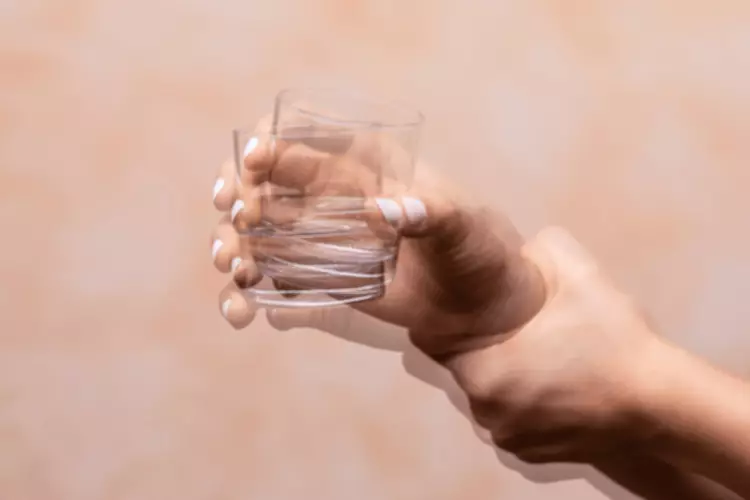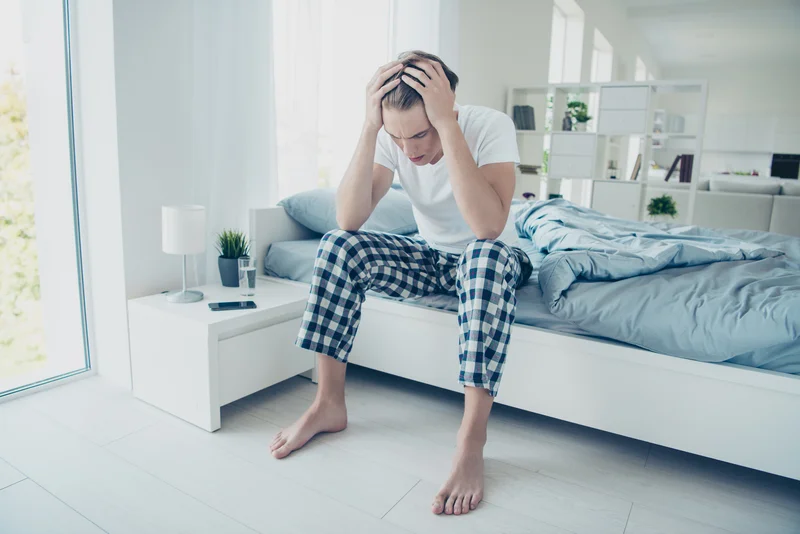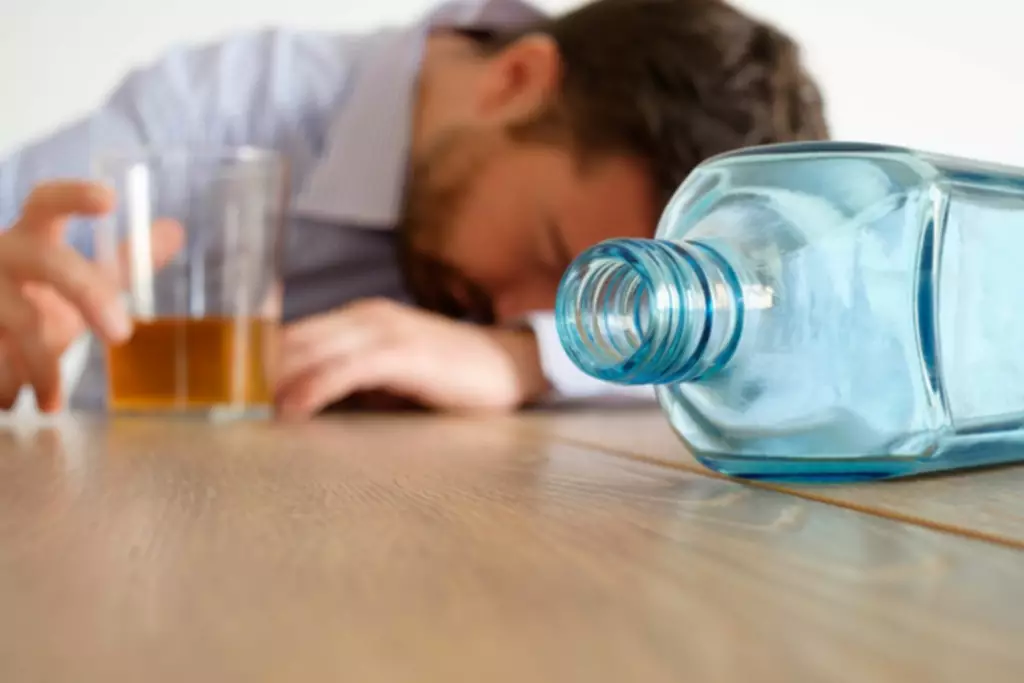
For example, some cases of domestic violence have turned fatal because one person refused to leave when their partner was being abusive to them. In some cases, you can’t change an angry drunk, and you need to make the decision that’s right for you and other members of the household, especially children. Many people with “angry drunk” tendencies also end up on the wrong side of law. This has an effect on the life of the person exhibiting this consistent anger. It makes people — even their closest friends — less willing to spend time with them. It can have a major impact on their family members’ quality of life and even be a detriment to the healthy development of any children they have.
Is it normal for couples to argue when drunk?
We know that alcohol makes people do stupid things, so for some, it’s an excuse to do whatever they want. There have been studies where people thought they were consuming alcohol and acted like they were drunk anyway. However, anger may be a mask for another emotion, such as humiliation, regret, envy, insecurity, or betrayal.

The Psychology behind Getting Drunk and Saying Hurtful Things
- Have family members or others mentioned concerns about your alcohol consumption?
- This assessment helps healthcare providers understand the severity of the addiction, identify any co-occurring mental health conditions, and evaluate physical health concerns.
- Essentially, drinking makes us less likely to withhold our reactions when we’re angry or annoyed.
- They already have a general tendency towards aggression towards others or disregard for others’ perspectives, especially those that differ from their own.
- We recently launched our in-app chatbot, Melody, powered by the world’s most powerful AI technology.
No matter what type of treatment program you Drug rehabilitation choose, you can attend CBT and other kinds of psychotherapy. These therapy programs will help you learn about the underlying cause of your substance use disorder. More importantly, they will give you tools for spotting and avoiding a relapse. Once your body adjusts to having alcohol present, it will try to keep your brain more active. It will make your nerves more active to counteract how much alcohol slows them down. Unfortunately, your mind and nerves don’t know that you have quit drinking when you have your last glass of alcohol.
- This behavior decreased significantly, however, one year after treatment in patients who successfully remained abstinent (17).
- Intoxicated people may feel more outgoing, lonely, joyful — or angry.
- Alcohol is often seen as a social lubricant, helping to ease tension and promote relaxation.
- With the right support, you can overcome alcohol withdrawal and live a healthy, happy life.
Points to consider in anger management
- It lowers your inhibitions, making it easier to express anger and irritation.
- It’s worth noting that treatment and prevention strategies should be tailored to the individual.
- But taking a decision to cut down on drinking is ultimately a personal one.
- The findings were explained by emphasizing that concern for the future involves greater prefrontal cortex resources that help inhibit the excessive impact of alcohol.
- In the group of individuals receiving treatment, the percentage of alcohol-dependent patients who perpetrated domestic violence fell from 56% before treatment to 25% one year after treatment.
The relationship between alcohol and aggression is also influenced by environmental and personal factors. In social settings, alcohol’s disinhibiting effects can combine with situational triggers like crowding, noise, or perceived provocations to increase the likelihood of aggressive responses. There are also individual factors to consider, including past experiences with aggression, personality traits, and personal expectations about alcohol’s effects. Research has shown that up to 50% of alcohol-dependent men display violent behavior, with the risk of being involved in violence five times higher in people involved with alcohol consumption.
If someone you’re close to has a drinking problem and tends to gets angry when they’ve had a drink, you can read more about the dos and don’ts of dealing with an alcoholic partner. The influence of alcohol on emotional regulation is complex and varies greatly among individuals but now we’ve got some insights into why folks react so differently under its sway. Many people who drink are never violent and even those who do become aggressive won’t do so all the time.


Anger management techniques can also be valuable tools for those prone to aggressive behavior when drinking. These techniques might include deep breathing exercises, mindfulness practices, or learning to take a “time out” when emotions start to escalate. does alcohol make you angry The goal is to develop strategies that can be employed even when under the influence of alcohol. If you recognize mean drunk tendencies in yourself, there are strategies you can employ to manage your alcohol consumption and behavior. Peer pressure and group dynamics can also contribute to alcohol-induced aggression.

- Anger trait also makes people prone to alcohol-related anger outbursts.
- Over time, CBT can help you challenge harmful beliefs and create strategies for staying sober.
- Results showed enough escalation in people consuming these drinks to label the beverages a «potential risk» to increased hostility.
- The study by BMJ Open questioned almost 30,000 people from 21 countries across the world.
- Maybe your friend is under a great deal of stress and their insulting you is out of character.
Respondents were most likely to report feeling relaxed (52.8%) when drinking red wine; although almost half of respondents also reported feeling relaxed when drinking beer. Respondents were most likely to report feeling relaxed (52.8 percent) when drinking red wine; although almost half of respondents also reported feeling relaxed when drinking beer. This is how each type of alcohol alters your mood, according to the study. After 12 to 24 hours, you may experience hallucinations or seizures. Alcohol’s impact on your body includes disrupting how areas of your brain process information and communicate with each other, which can cause anger control problems. Now that we know what alcoholic rage syndrome is, can we do anything about it?
Psychological Factors Contributing to Mean Drunk Behavior
Researchers from the University of New South Wales in Australia studied 50 healthy men (18-30 years old) and had them play an anger-inducing game while in an MRI scanner. Historically, alcohol has been known to disrupt the normal functioning of various brain regions, particularly the parts responsible for working memory, hand-eye coordination, and sleep quality. MRI evidence now connects aggression with alcohol-induced changes in the prefrontal cortex. Intoxicated players showed a significant dip in their MRI brain activity, specifically in their prefrontal cortex, compared to sober players when making an aggressive response. In particular, participants who drank alcohol showed lower activity in regions known as the dorsomedial and dorsolateral prefrontal cortices, which are related to working memory and inhibition.

Sin comentarios